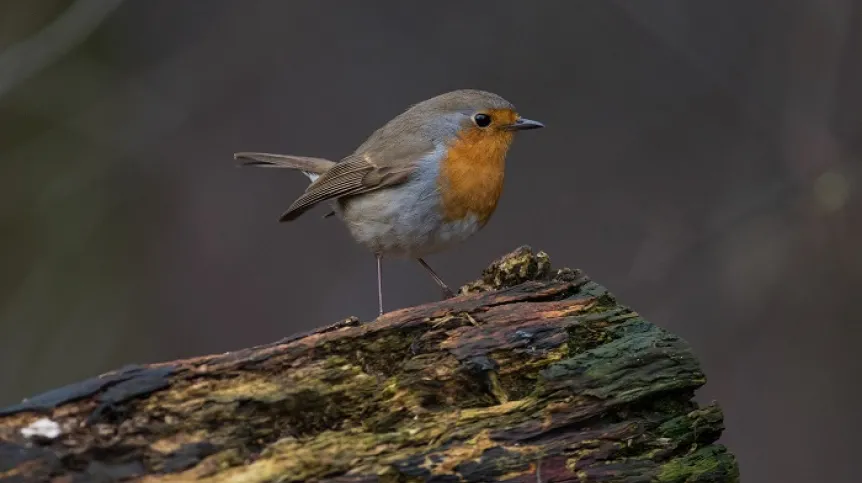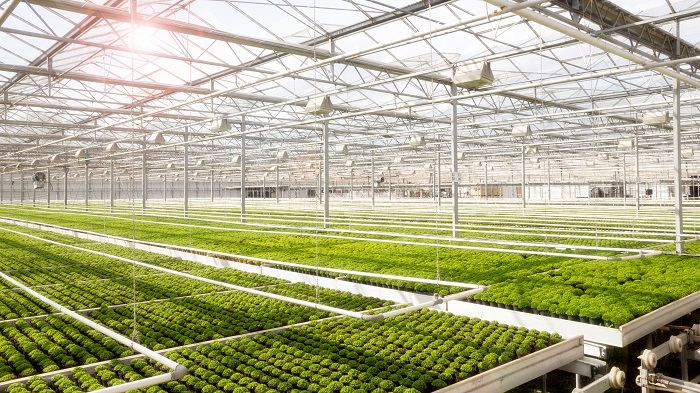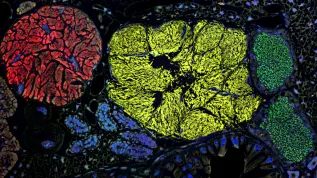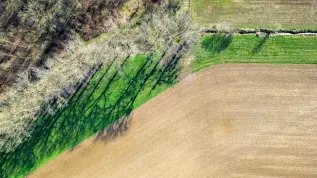
Light from industrial greenhouses changes the daily vocal behaviour of forest birds nesting nearby, says research published in the Journal of Ornithology.
The impact of artificial light pollution on the behaviour and physiology of birds is quite well known. However, to date, studies of the effects of artificial light on wildlife have mostly focused on street lighting. Greenhouses for growing plants need huge amounts of light from autumn to early spring. As a result, they can affect the functioning of animals and people living in the area, scientists affiliated with the Institute of Systematics and Evolution of Animals of the Polish Academy of Sciences in Kraków, the University of Szczecin and the University of Bialystok note in a release sent to PAP- Science in Poland.
The researchers have shown that light from industrial greenhouse significantly affects the daily vocal behaviour of forest birds nesting near such objects. They published their results in the Journal of Ornithology.
They conducted the study near one of the largest greenhouse complexes in Poland, in Siechnice. Light emitted by those greenhouses is clearly visible from the centre of Wrocław, 16 km away. Karolina Skorb, the first author of the paper, came up with the idea for the research project during her studies in Wrocław, when she watched the huge glow of light from the greenhouses in the autumn and winter.

The research which used automatic sound recorders to passively record the times of vocalization of individual bird species showed that during the breeding season, birds nesting in the forest near the greenhouses were vocally active in different times than birds in the forest, where the greenhouse light was not present.
Birds around the greenhouse began to sing earlier at dawn and ended later at dusk. This behaviour was particularly clear especially before the breeding season, in the second half of February, the scientists report.
Łukasz Jankowiak, responsible for statistical analyses, said: “The Robin was the most sensitive species to light from the greenhouse, it reacted with earlier vocal activity at dawn throughout the entire study period.
“The Blackbird turned out to be only a little less sensitive, it was affected by the light only in the early period of research. Other species of forest birds, such as great tit and blue tit, also strongly reacted to artificial light, but only with their contact voices, not with prolonged singing.”
Co-research author Adam Zbyryt added: “Robins and blackbirds belong to the earliest birds. This is evidenced by their large, convex, black eyes, capable of registering even the smallest amount of light. Such early activity in the morning and extended activity at dusk does not affect the birds positively at all. This can lead to sleep disorders, fatigue, stress, and consequently to a worse condition and weaker immune system. After all, everything has its consequences, especially sleeplessness.”
Skorb continued: “The study shows that even short-term light pollution from greenhouses in non-urban areas during the breeding season can affect the time of vocalization of birds.
“I have now completed research on how greenhouses affect birds also during autumn migration to learn about the full spectrum of the effects of this type of objects on this group of animals. Initially I can say that in this case we can also see a significant impact of light pollution from greenhouses. I hope that soon we will be able to say more on this topic.”
PAP - Science in Poland
zan/ kap/
tr. RL













